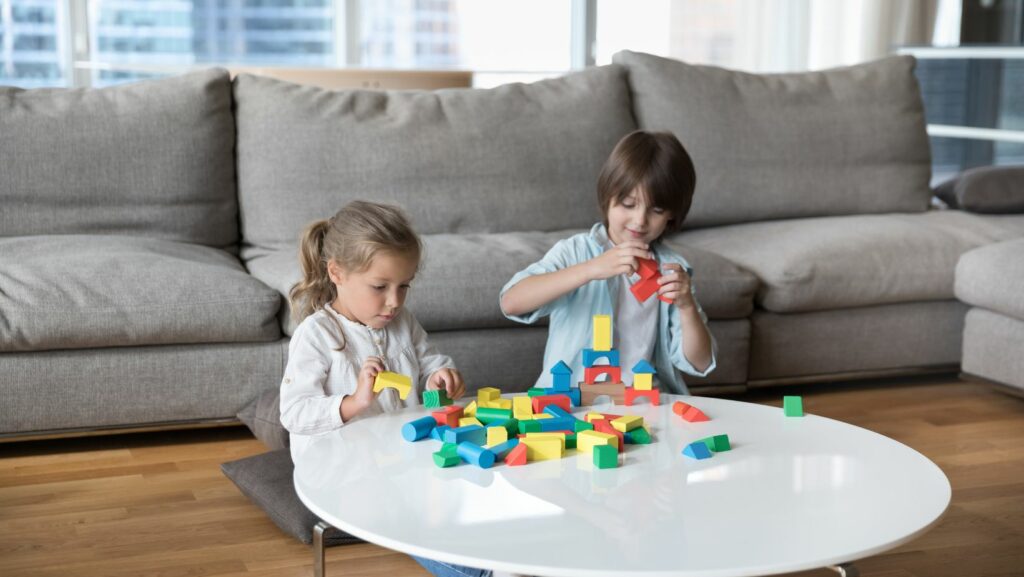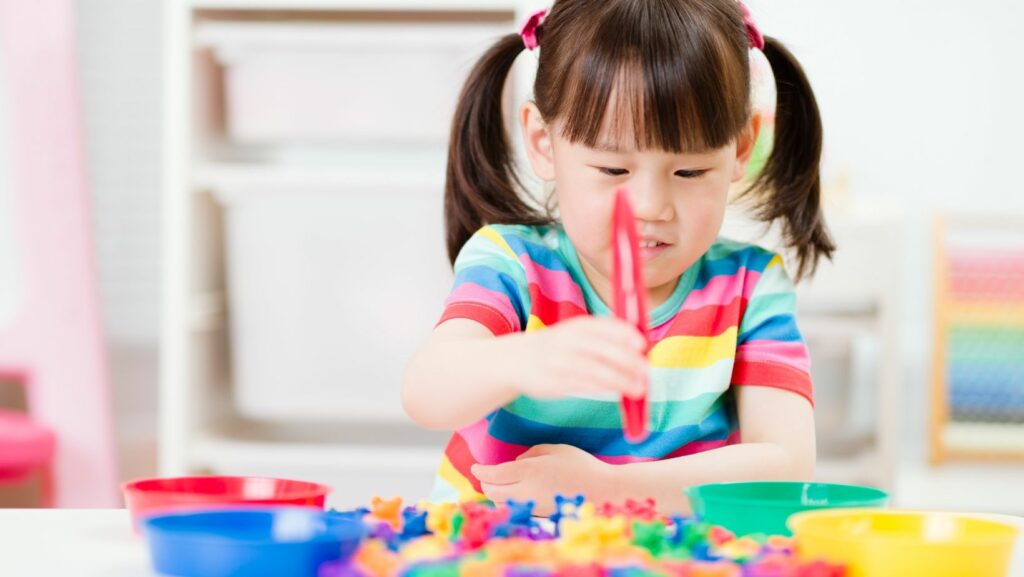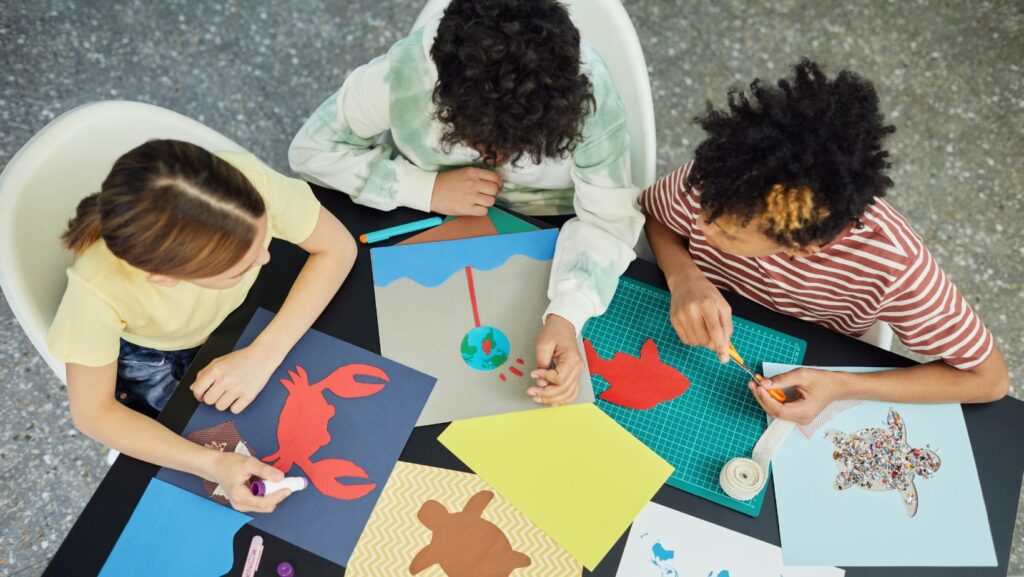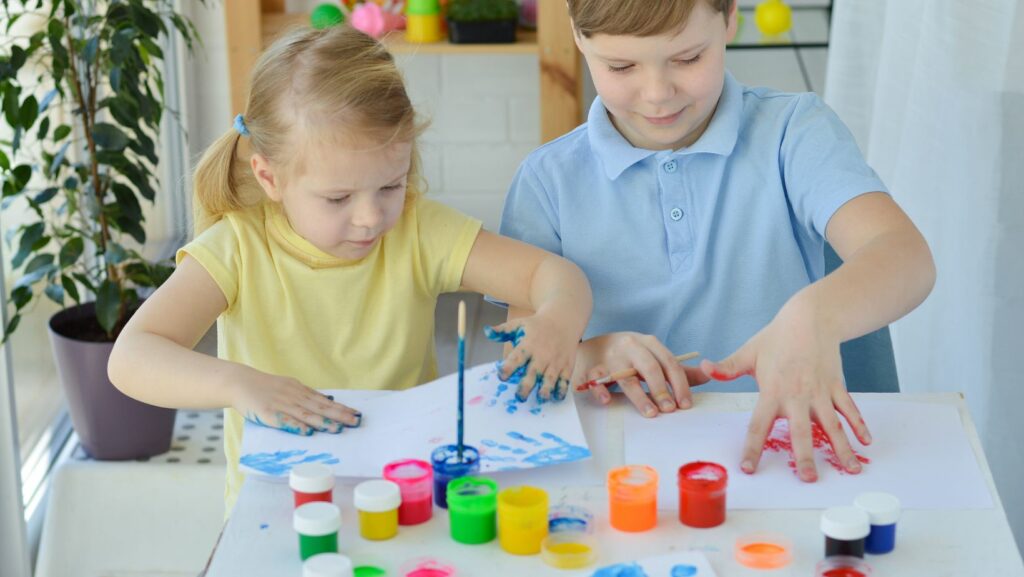Communication skills are essential for children to express themselves confidently and interact effectively with others. In today’s fast-paced world, the ability to communicate clearly is a valuable asset that can benefit kids in various aspects of their lives. From expressing their needs and emotions to building strong relationships, honing communication skills early on can set children up for success in the future.Parents and caregivers have a profound impact on a child’s communication skills development. They should actively engage in conversations, encourage open dialogue, and demonstrate effective communication techniques.

Developing good communication skills in children goes beyond just talking; it involves active listening, empathy, and the ability to convey thoughts and ideas coherently. By nurturing these skills from a young age, parents and educators can empower kids to articulate their thoughts, resolve conflicts peacefully, and engage in meaningful conversations. In this article, we will explore practical tips and strategies to help children enhance their communication skills and thrive in their personal and academic endeavors.
Communication Skills for Kids
Effective communication skills in children are crucial for their overall development. By fostering these skills early on, parents and educators play a vital role in shaping the future success of children. Here’s why communication skills are essential for kids:
Benefits of Early Development

- Building Strong Relationships: Communication skills enable children to express themselves clearly, fostering better relationships with peers, teachers, and family members.
- Academic Success: Good communication skills enhance a child’s ability to articulate their thoughts, participate actively in class, and excel in academic endeavors.
- Emotional Intelligence: Developing communication skills helps children understand and express their emotions effectively, leading to improved emotional intelligence and self-awareness.
- Conflict Resolution: Strong communication skills empower children to resolve conflicts peacefully by listening actively, expressing their needs, and understanding others’ perspectives.
- Confidence Building: Effective communication boosts children’s confidence levels, enabling them to engage in social interactions, share ideas, and express themselves without hesitation.
- Collaboration and Teamwork: Communication skills are vital for children to work collaboratively, share responsibilities, and contribute positively within a team or group setting.
By recognizing the significance of communication skills in childhood, parents and educators can provide the necessary support and guidance to help children develop these essential skills for a successful future.
Types of Communication Skills
Verbal Communication:
Children develop verbal communication skills by learning to express themselves using words. This includes speaking clearly, using appropriate language for different situations, and conveying thoughts effectively. Encouraging children to participate in conversations, storytelling, and public speaking can enhance their verbal communication abilities.
Non-Verbal Communication:
Non-verbal communication skills involve gestures, body language, facial expressions, and tone of voice. Teaching children to interpret and use non-verbal cues can help them understand emotions, improve social interactions, and convey messages effectively. Activities like role-playing, charades, and emotional expression games can be beneficial in developing these skills.

Listening Skills:
Listening skills are essential for effective communication. Children can improve their listening abilities by paying attention, maintaining eye contact, asking questions for clarification, and showing empathy. Practicing active listening during conversations, storytelling sessions, and group activities can aid in enhancing children’s listening skills, fostering better understanding, and promoting meaningful interactions.
Engaging children in interactive activities and games is an effective way to enhance their communication skills. Games like “Simon Says” can improve listening skills, while activities such as storytelling or role-playing encourage creativity and verbal expression. Furthermore, collaborative games like charades promote teamwork and non-verbal communication. These activities not only make learning fun but also provide practical opportunities for children to practice and improve their communication skills.
Enhancing communication skills in children is crucial for their overall growth and success. By fostering effective verbal and non-verbal communication, listening abilities, and parental guidance, kids can develop essential life skills. Overcoming challenges like shyness and speech impairments through tailored strategies and early intervention is key. Encouraging interactive activities can make learning communication fun and engaging. Remember, communication skills are a valuable asset that can positively impact a child’s relationships, academic performance, emotional intelligence, and teamwork capabilities. Keep nurturing these skills to empower children for a bright future ahead.



